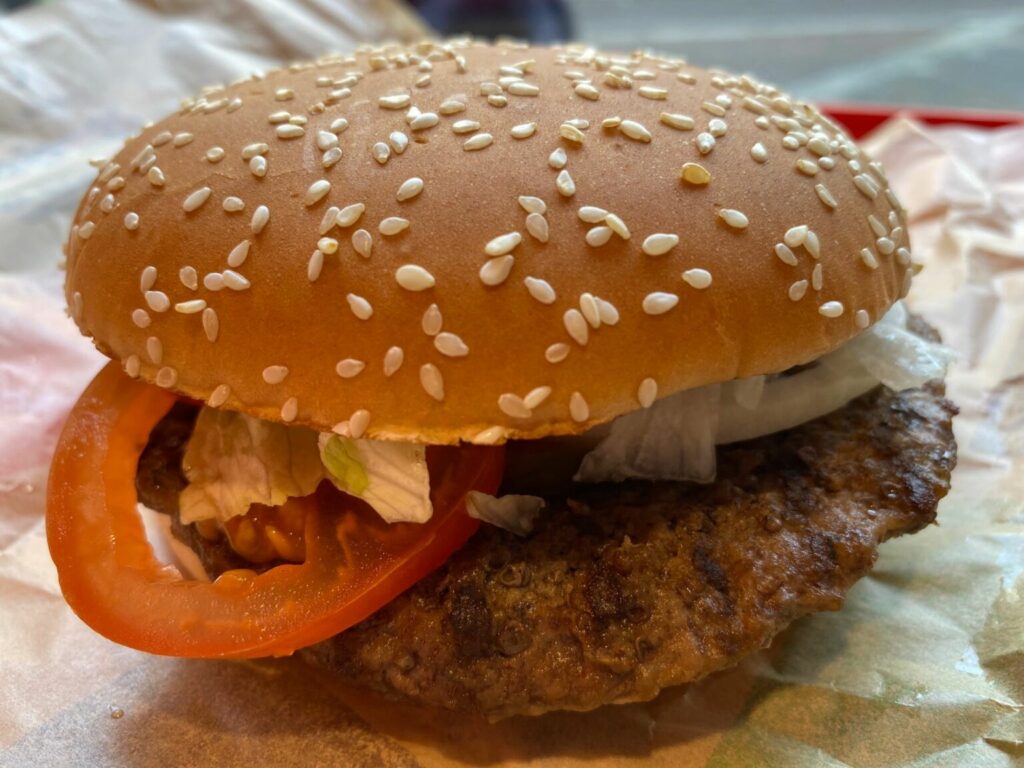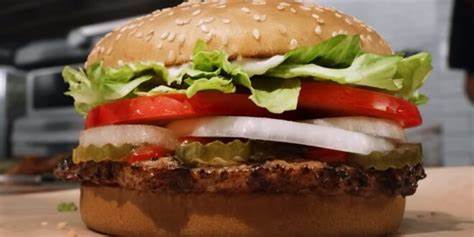
Taco Bell, McDonald’s, and Wendy’s are all currently encountering comparable legal actions, with claims suggesting that their advertisements have led customers astray.
Anthony J. Russo asserts that his legal actions against four prominent fast food chains encompass a broader scope than merely the quantity of beef within a burger.
The American attorney is actively involved in pursuing three class-action lawsuits directed at four well-known franchises — Burger King, Taco Bell, McDonald’s, and Wendy’s. Every lawsuit has been lodged on behalf of discontented patrons who claim that these companies portray their menu offerings as larger and more appealing in their marketing materials than they truly turn out to be.
“Today, it starts with the possibility of a fast food item that’s, you know, a few dollars in cost. Tomorrow, it’s an automobile or a vehicle or a home,” Russo said.
“If you don’t put some kind of stop measures in here, there’s no limit to what is going to be, you know, the truthfulness in the advertising. And that’s really the basis of our lawsuit.”
Last Friday, he achieved a minor triumph as U.S. District Judge Roy Altman in Miami declined Burger King’s attempt to have the lawsuit dismissed.
Already, Russo’s legal firm has referenced Judge Altman’s stance in their ongoing case against McDonald’s and Wendy’s in New York, using it as a basis to support the continuation of that particular lawsuit.
Burger King, which is under the umbrella of Restaurant Brands International, refutes the allegations made in the lawsuit.
“The plaintiff’s claims are false.” the company stated in an email sent to CBC. “The flame-grilled beef patties portrayed in our advertising are the same patties used in the millions of Whopper sandwiches we serve to guests nationwide.”
Russo doesn’t necessarily hold a contrary view to Burger King’s statement.
“They may be the same patties, but … what you see is not what you get,” he said. “It’s our opinion and our allegations that the differences are very, very clear to the naked eye.”
The lawsuits, each aiming for a minimum of $5 million US in compensation, assert that the distinction stems from misleading actions conducted by food stylists—individuals responsible for planning, preparing, and styling food for photography or videos.
A food stylist affiliated with Wendy’s, cited in one of these lawsuits, stated that she would intentionally use undercooked beef to create an illusion of larger patties than what is actually served.
It’s important to note that these allegations have not yet been substantiated through legal proceedings.



